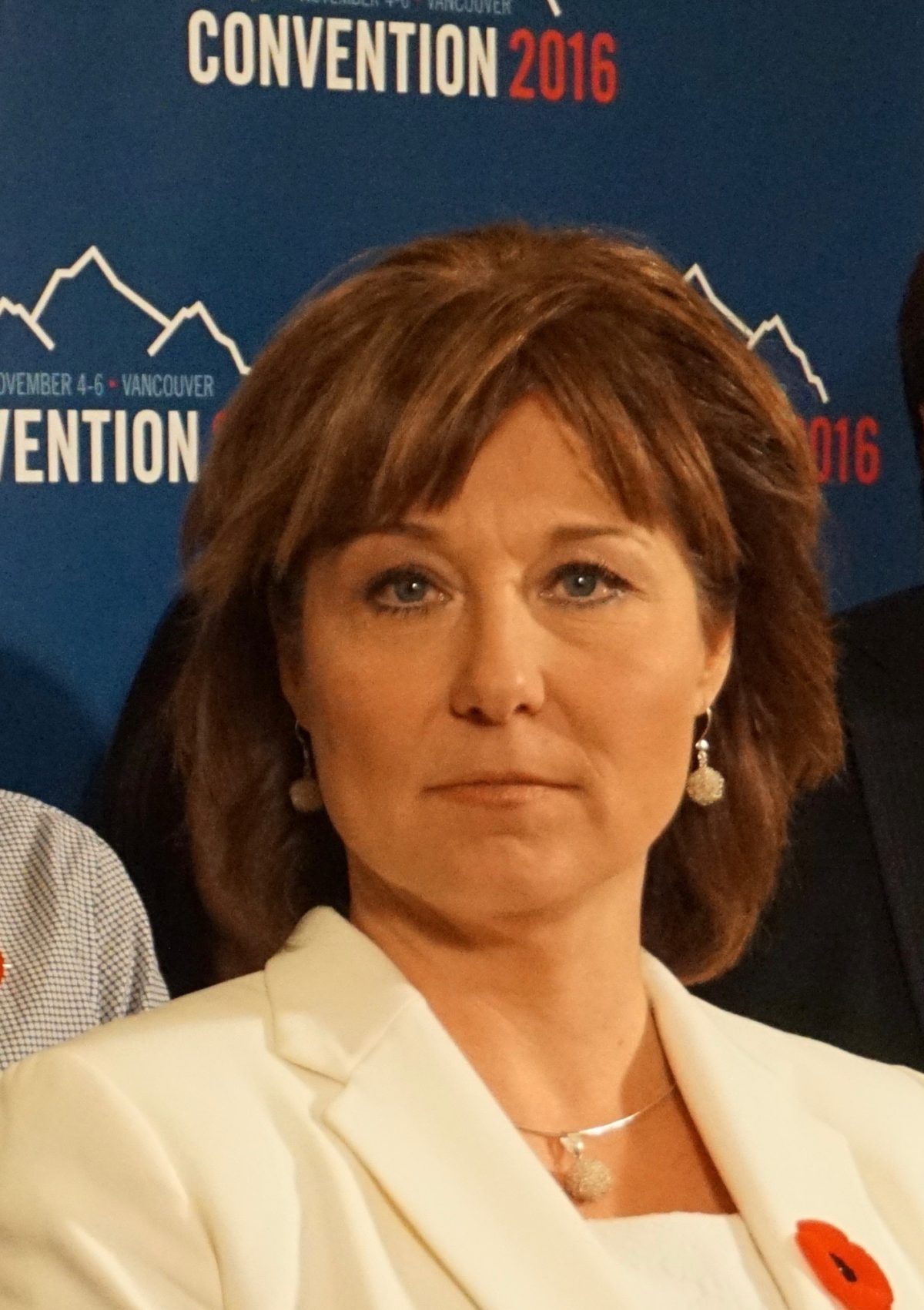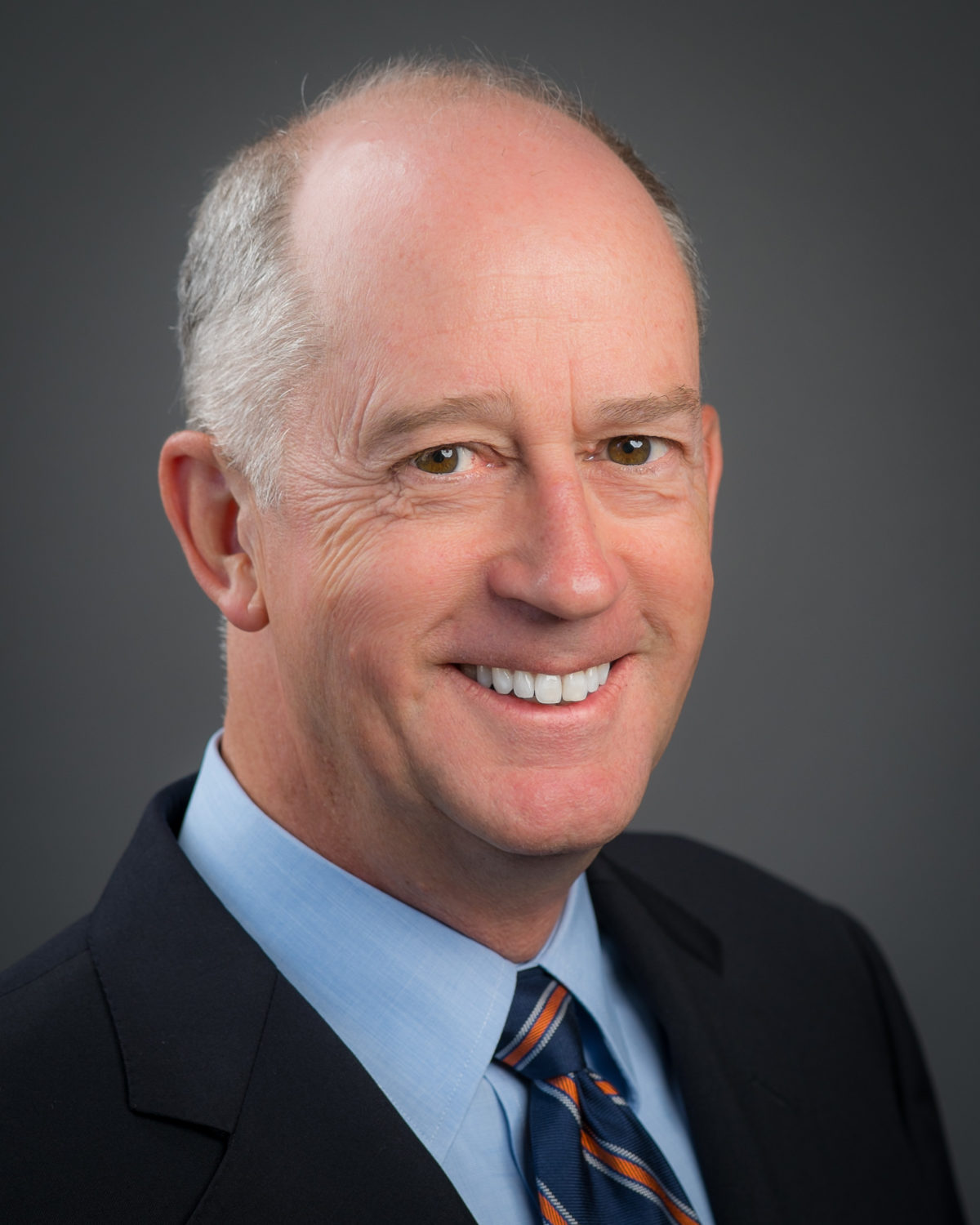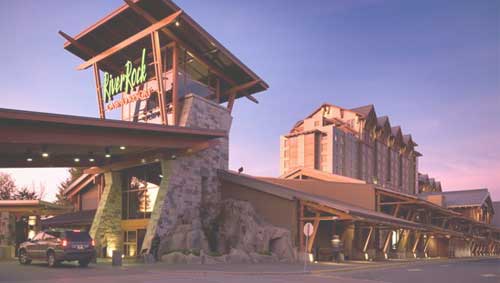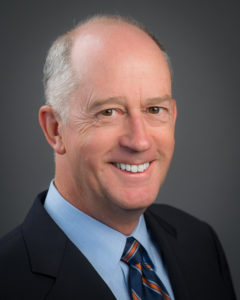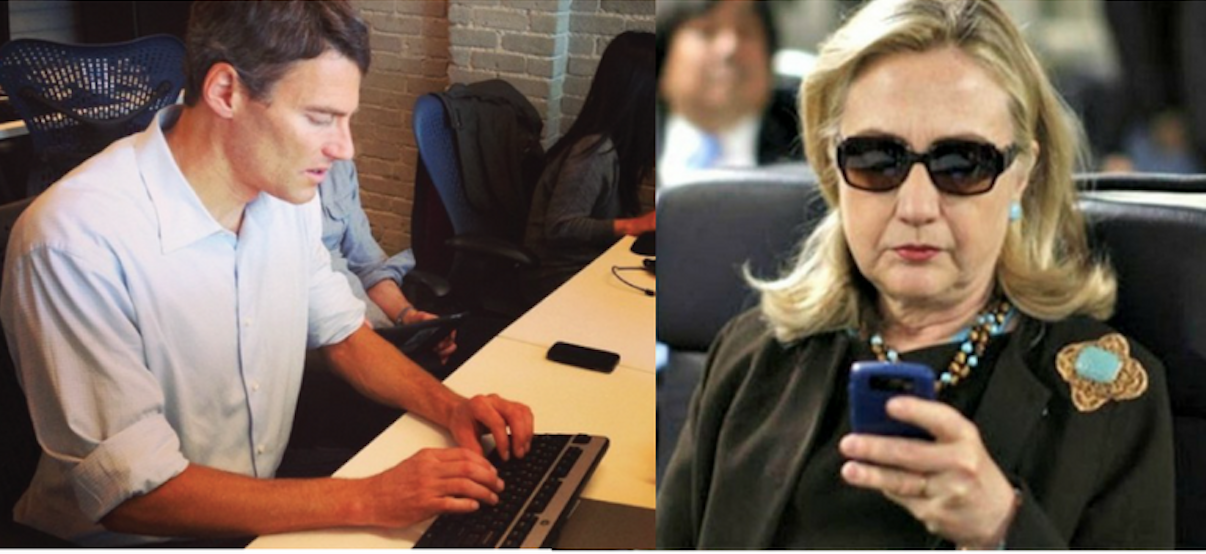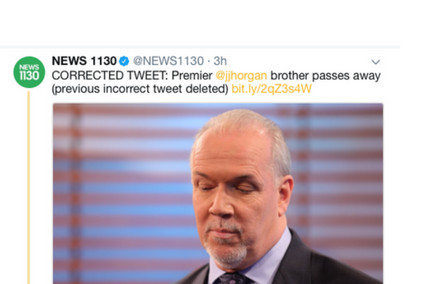Bob Mackin
Christy Clark was told about the BC Liberal Multicultural Strategic Outreach Plan more than a year before the NDP released a leaked copy.
That is according to email read in B.C. Provincial Court by Special Prosecutor David Butcher during the sentencing of an ex-government worker who pleaded guilty to breach of public trust.

Premier Christy Clark’s WeChat account. She uses the name Jane Hui Zhi for her Chinese followers.
During a four-day hearing, which ended Jan. 19, Butcher asked Judge David St. Pierre to sentence Brian Bonney to 12 to 23-months house arrest. BC Liberal operative Bonney was hired to be communications director for the government’s multiculturalism branch and tasked to carry out the party plan to target ethnic voters in swing ridings for the 2013 election.
St. Pierre will deliver his verdict Jan. 31.
The plan, which became known as Quick Wins, was authored in late 2011 by Clark’s Deputy Chief of Staff Kim Haakstad. Butcher said an update of the plan was sent to Clark on Feb. 22, 2012. A status update email from Haakstad to Gabe Garfinkel, Clark’s executive assistant, read: “I told PCC [Premier Christy Clark] I’d give her an update on this. Put it in her briefing folder.”
Haakstad resigned without severance on March 1, 2013, the same day that Clark told reporters in Prince George: “I was never involved in it, I didn’t know about it until Wednesday, until it was brought forward in the house.”
During the March 4, 2013 Question Period, Clark said: “Had I known that this document existed, I would have put a stop to it immediately.” Haakstad quitely reunited with Clark on her failed Vancouver-Point Grey campaign team in the 2013 election.
Bonney pleaded guilty on Oct. 12, 2017. A trial had been scheduled to run Oct. 16, 2017 to Feb. 22, 2018 and would likely have overshadowed the election of a new BC Liberal leader on Feb. 3.
Clark resigned last summer after the party lost a confidence vote to the Green-supported NDP.

Brian Bonney
Butcher said that while employed as a public servant, Bonney directed and supervised contractors to work on partisan activities to recruit support from ethnic communities “that were critical to [BC Liberal] electoral success.” Bonney was engaged in promoting the free enterprise, anti-union position of his party, while working as a public servant, Butcher said. “He carried out his tasks with gusto and enthusiasm.”
Butcher cited the nine-month sentence given to Michael Sona for the Conservative robocalls scandal in 2011 in a Guelph, Ont. federal riding as a leading case. Butcher said Bonney’s offence was worse, because he was part of a plan to affect the democratic system across an entire province. Unlike Sona, Bonney was experienced.
Bonney’s defence lawyer Ian Donaldson asked St. Pierre for a discharge or conditional sentence and said there was no similar breach of public trust case, because there was no bribery or theft. Butcher said Bonney did receive personal benefit from the $140,000-a-year job. When the scandal broke, the BC Liberals repaid $70,000 to the public treasury.
“Unfortunately, in the work he was doing, some of that work crossed the line between public and political or partisan,” Donaldson said. “He accepts that he was wrong in straying across that boundary, but the circumstances demonstrate, the emails and documents, that this wasn’t Mr. Bonney on a lark. This was Mr. Bonney doing his work and doing his job and being instructed and directed and guided by others to do things and him not putting on the brakes.”

David Butcher
Butcher said “the RCMP conducted a lengthy and challenging investigation into the case.” Most of the significant evidence came from email, mainly Gmail.
“Most of the key witnesses from the Liberal party caucus and ministerial staff lawyered up,” he said. “Two former cabinet ministers, Harry Bloy and John Yap, did not, under the advice of counsel, ever provide statements to the RCMP.”
Bloy, a lifelong friend of Bonney, was rewarded by Clark as multiculturalism minister after she became premier in 2011. Bloy was the only member of caucus to support Clark’s successful campaign to become party leader.
Butcher confirmed that the investigation found voting irregularities in the leadership contest that resulted in Clark defeating Kevin Falcon by 340 points on a regionally-weighted preferential ballot.
“The election rules did not prohibit proxy voting. Bloy used his connections to [contractor Sepideh] Sarrafpour and his connections’ connections,” Butcher said.
“Those connections gathered blocks of PINs which were supplied to Mr. Bloy, who provided them to other Clark supporters, who entered them online — block voting in a proxy process. The Liberal Party has acknowledged difficulties with this process and it has adopted a different system… and prudently they sought advice from the RCMP about how to improve the integrity of the process.”
Butcher said it was still a mystery why the BC Liberals paid Bonney-hired ethnic outreach worker Sarrafpour through Bonney’s numbered company and he agreed with St. Pierre that it was ironic for Bonney to work in a ministry that included the words “open government” on its shingle.
“There are some things about this case that are really quite strange,” Butcher conceded.
Bonney quit his government job for health reasons and had been hired as CEO of the B.C. Homebuilders Association just two days before the scandal broke. He lost that job and has only worked on a commission basis since then, including a contract with the Canadian Taxpayers’ Federation.
Donaldson said this experience “incinerated Bonney’s existence.”
At the end of the hearing on Jan. 19, St. Pierre gave Bonney the opportunity to address court. Bonney issued a short apology.
“I think it is important that I say I do apologize to you, I apologize to the Crown, I apologize to the RCMP, and the people in the courtroom,” Bonney said. “But, most importantly, I apologize to everyone in Victoria and the people of British Columbia for what’s happened here.”
Bonney declined to comment outside the courtroom.
It was not the first case involving a BC Liberal operative for St. Pierre, a 2009-appointed judge. He was on the prosecution team for the trial of former ministerial aides David Basi and Bob Virk. They maintained their innocence in the BC Rail privatization trial until they copped a plea bargain in October 2010 when the government agreed to pay their $6 million legal bill.
Observers for the sentencing included BC Liberal communications director David Wasyluk, NDP MLA Ravi Kahlon and party worker Heather Libby. Wasyluk, a former caucus researcher, was reporting back to party executive director Emile Scheffel by text message. Kahlon is a former aide to Adrian Dix, who filed a complaint with the RCMP about the Quick Wins scandal when the BC Liberals released 10,000 pages of email after the 2013 election.
Support theBreaker.news for as low as $2 a month on Patreon. Find out how. Click here.
Bob Mackin
Christy Clark was told about the









